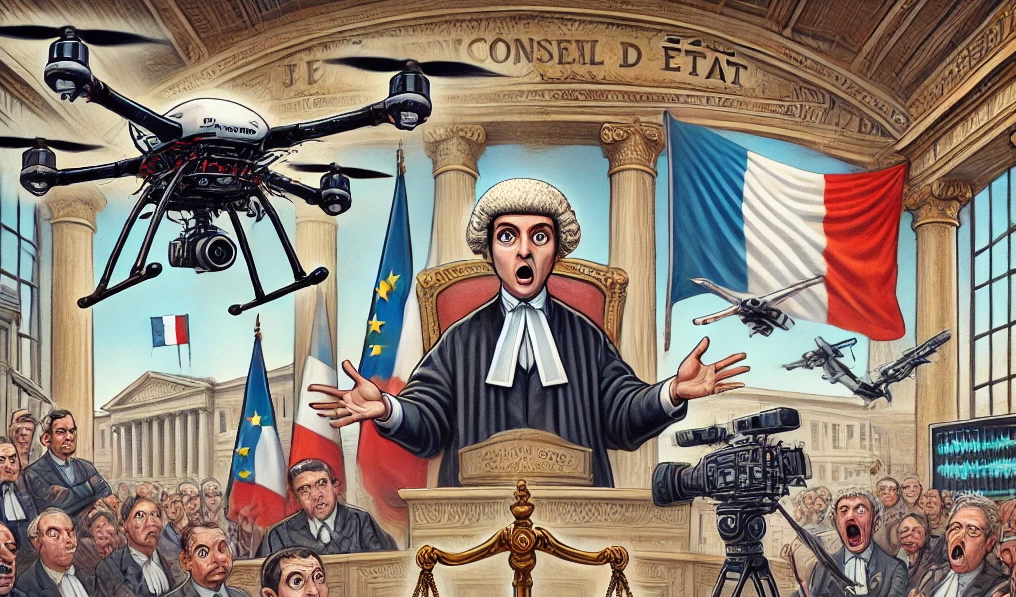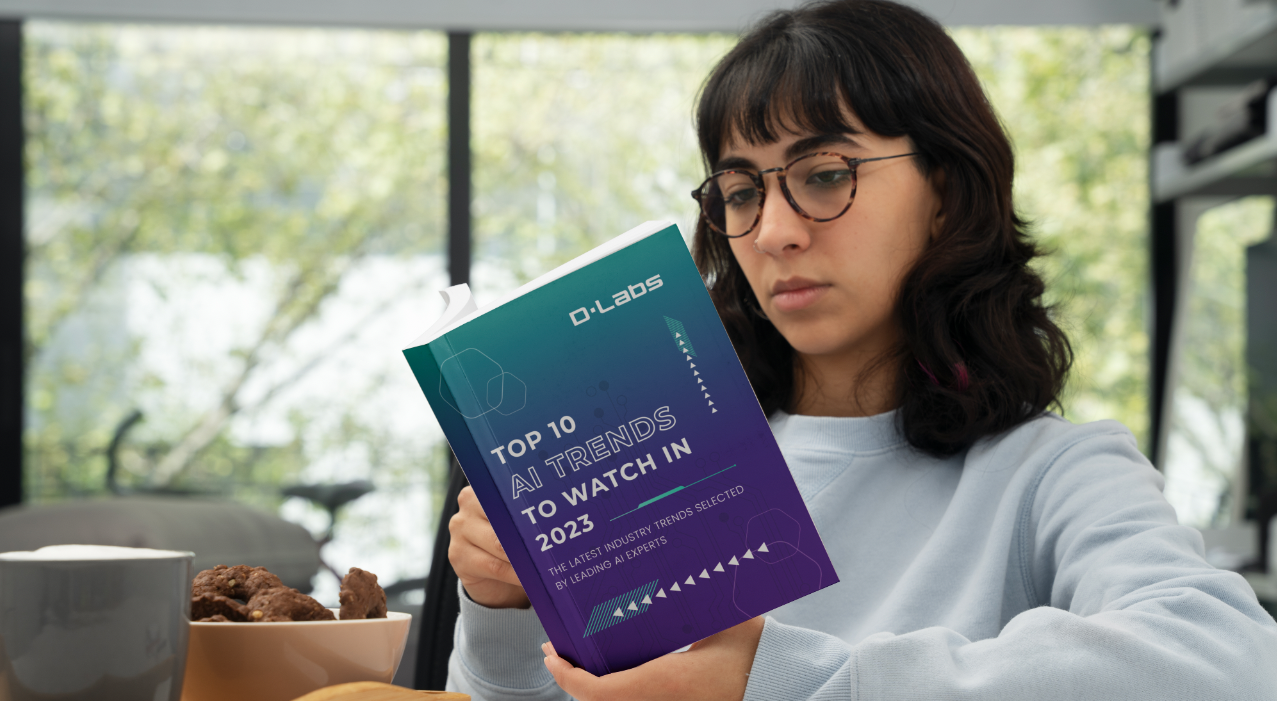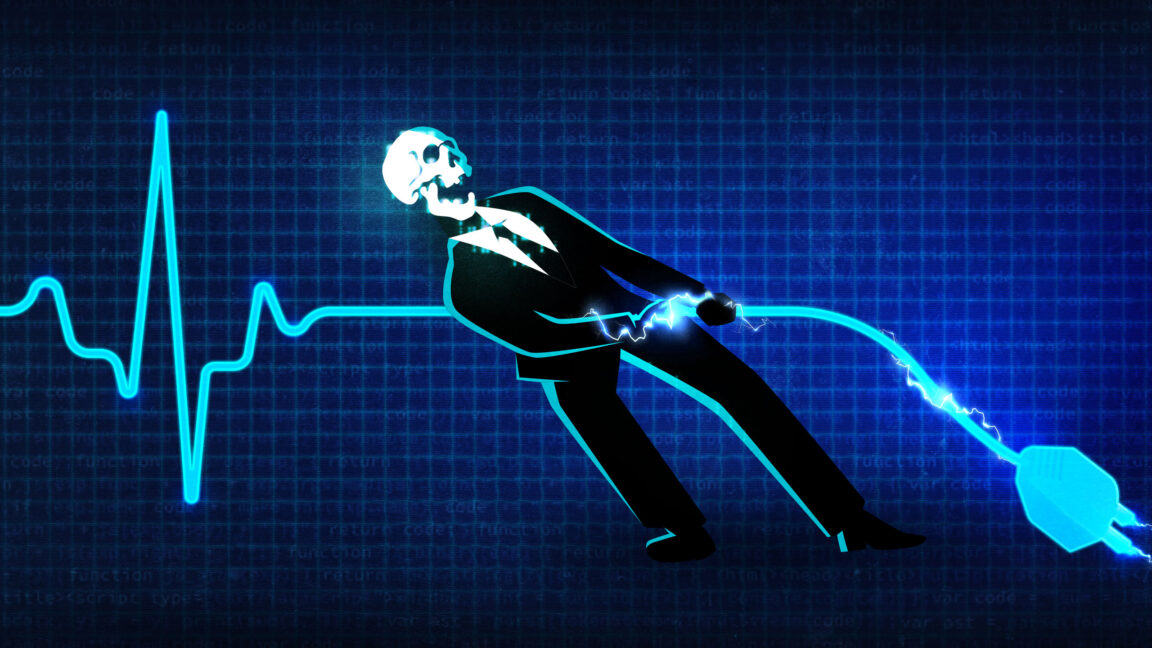Conseil d’État Reverses Decision on Use of Drones by Law Enforcement Agencies
In a decision rendered on 30 December, 2024, the Conseil d’État dismissed the appeal made by four associations against Decree 2023-283 on the use of drones by law enforcement agencies.
Background
This ruling follows a legal proceeding initiated in 2020 concerning the use of drones to monitor public gatherings and manage the end of the Covid-19 lockdown. At that time, the Conseil d’État issued two rulings prohibiting the use of drones (CE 05/18/2020 no. 440442 and CE 22/12/2020 no. 446155).
Constitutional Council’s Ruling
The Constitutional Council, which ensures laws and certain regulations comply with the French Constitution, also ruled that Article 47 of the global security law concerning the use of drones by law enforcement agencies did not comply with the French Constitution and was therefore partially rejected (CC 20/05/2021 no. 2021-817 DC).
New Decision
In response to the appeals by four associations to quash Decree 2023-283 of Law no. 2022-52 of 24 January, 2022, regarding Criminal Liability and National Security, the Conseil d’État has reversed its position and authorized law enforcement agencies (the police, the gendarmerie, military personnel deployed on national territory, and customs authorities) to use drones.
Conditions for Use
The Conseil d’État stated that the existing legal framework guaranteed compliance with the requirements for the protection of personal data and privacy as laid down by national and European law.
The administrative judge observed that the number of agencies authorized to use the systems is limited, as is the scope of reasons for their use, and that data processing must be strictly necessary, adapted to the circumstances, and must not be permanent.
The drones may not capture sound or include automated facial recognition processing, and automated matching, interconnection, or linking is prohibited, whether or not the drone contains an automated system, as enshrined by the Constitutional Council’s reservations regarding interpretation (CC 20/01/2022 no. 2021-834 DC).
Conditions for Authorisation
The use of drones is subject to authorization from a state representative, who determines the purpose, geographical area, and maximum number of cameras that may be deployed simultaneously. In addition, the state representative is required to ensure, prior to issuing the authorization, that every effort has been made to consider other, less intrusive means of conducting the operation.
The authorization is limited in time, for a maximum duration of three months, and is only granted for the period during which the gathering takes place, providing that the purpose is to ensure the security of public gatherings. Furthermore, it is also possible to appeal against the authorization through the administrative court.
Data Retention
The retention period for the data collected is limited to 7 days following the end of the deployment. The system cannot be used to collect images of the interior or entrances of domiciles; however, if the recording cannot be interrupted due to certain circumstances at the time the operation takes place (objective material circumstances) and record these areas, the data must be deleted within 48 hours.
Conclusion
The Conseil d’État has dismissed the appeals to quash the Decree, as well as requests to refer the matter to the Court of Justice of the European Union for a preliminary ruling.
Frequently Asked Questions
Q: What is the Conseil d’État?
A: The Conseil d’État is the highest jurisdiction in the administrative judiciary in France.
Q: What is the Constitutional Council?
A: The Constitutional Council is an institution that ensures laws and certain regulations comply with the French Constitution.
For more information, please visit our website at AI-Regulation.com and follow us on LinkedIn, Twitter, and Facebook.











